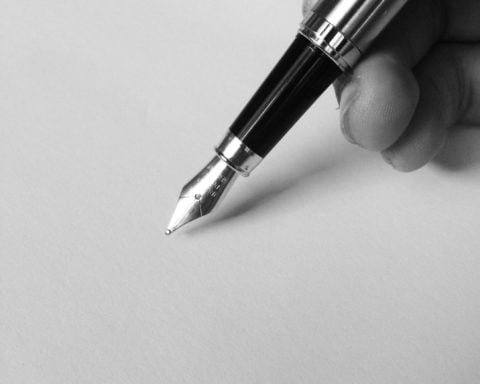#1 What is the French Foreign Legion?
The French Foreign Legion is an assault troop, an integrated fighting force in the French Army.
With nearly 9,000 men, it represents 11% of the Land Task Force. It also includes operational reserve units and civilian Defense personnel, which brings the volume to some 10,500 people.
#2 Are there any women in the Legion?
If you visit the official Facebook page or site of the French Foreign Legion, it’s not impossible if you see photos of women.
So the answer is yes, BUT they are not making part of the actually fighting forces. Mostly they occupy administrative posts within the regiment, like accountant, lawyer, human environment manager etc.
#3 What is the difference between the French Army and the FFL?
The biggest difference between the French Army and the Legion is that the FFL accepts people from other countries. Not only from France but from all around the world.
Nowadays, there are more than 140 nationalities living and working together. Each legionnaire sign a contract “à titre étranger” (on a foreign basis) and are commanded by French officers.
Legionnaires only can change regiment within the FFL. For example, if you are working as a combat medic, but you want to change your regiment, you can’t go to a French unit like the 1st Infantry Regiment. This small detail could become very important later.
#4 My favourite: does the French Foreign Legion exist?
Of course a lot have changed since I joined, but yes, the French Foreign Legion still exists and goes very well even nowadays.
This notorious part of the French Armed Forces can still be in place because the French nation accepts in a derogatory way that the Legion recruits foreigners to carry the arms of France. After the terrorist attacks in 2015, the FFL was able to recruit more people and fill quickly their ranks up, than the regular French units.
The FFL counts today eleven regiments, which you’ll discover in another post.






I live in Italy and I don’t have passport or Italian document and I always want to join the foreign legion army
Please who can tell me how to join without document please and I need a good answer
You must go to their offices in france. There is one in paris and one in aubagne
My right hand is curved and bent . But it is not neturally . When i am playing volleyball , that time my finger was slip into with a ball, and after sometime my finger is curved. Can i join the France army?
Its in reality a huge post. I am sure that anyone would like to visit it again and again. After reading this post I got some very unique information which are in actual fact very helpful for anyone. This is a post experiencing some crucial information. I wish that in future such posting should go on.
I am developing a joomla website for a boat club and would like members to be able to upload photos of fish they caught. Additional info: I am basing the structure on the K2 component..
This article is a must-read for anyone who cares about quality journalism and the pursuit of truth. The author’s ability to present complex issues in a clear, concise, and engaging manner is truly impressive, and their commitment to presenting balanced and unbiased perspectives is admirable. What I love most about this article is its ability to provide readers with a deep and nuanced understanding of important social and political issues, making it a valuable resource for anyone looking to deepen their understanding of the world around them.
I was wondering if you could change regiments within the foreign Legion and how long do you have to serve in one unit? For example if you join the 3rd foreign infantry regiment and you’re there for at least a year can you then ask to change or attempt to join the 2nd parachute regiment or do you have to say in the 3rd foreign infantry regiment for a certain amount of time before you can change to another regiment?
This article is a true work of art, a testament to the power of quality journalism to inform and educate readers on important issues. The author’s ability to present complex issues with nuance and sensitivity is truly remarkable, and their commitment to presenting balanced and unbiased perspectives on each topic is commendable. What I appreciate most about this article is its ability to tackle complex issues and present them in a way that is accessible and engaging for readers of all levels, making it a valuable resource for anyone looking to stay informed on important social and political issues.